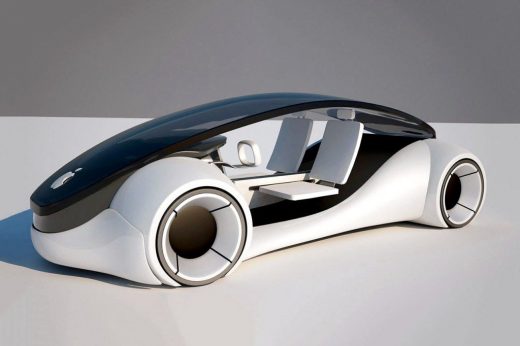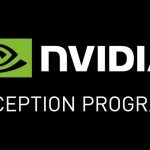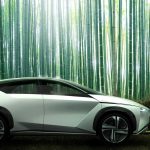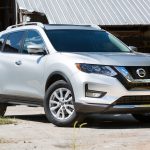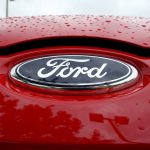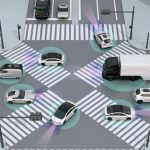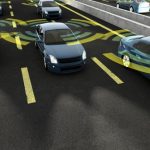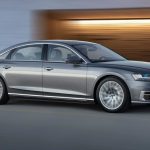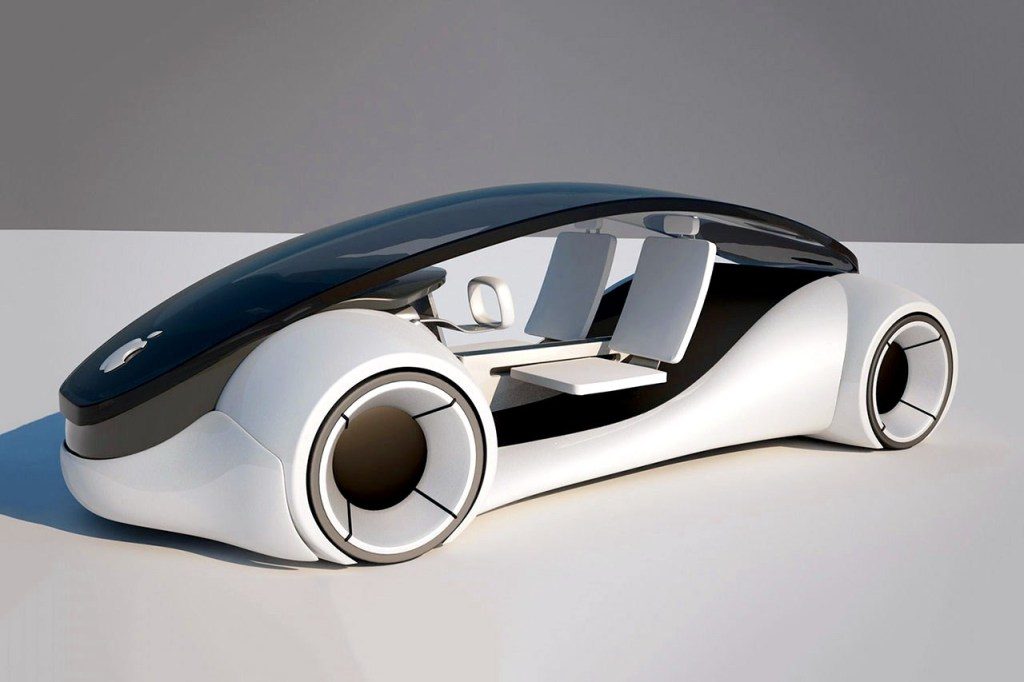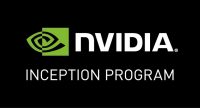In a crowded field, who is ahead in the autonomous car race?
In a crowded field, who is ahead in the autonomous car race?

The race to create the first fully autonomous car has a variety of competitors, from giant automotive firms like General Motors, software conglomerates like Alphabet, to newly minted startups like Chris Urmson’s secretive company.
All of them have the end goal of creating some type of self-driving system, able to make it from point A to point B regardless of the conditions on the road. Some want to embed that software into a car, others simply want to license to manufacturers interested.
See Also: Get ready for a thermonuclear autonomous ride-hailing war
Unsurprisingly, most of the competitors are keeping their progress secretive. Google and Tesla both provide some data on their self-driving programs, but when it comes to how far we are away from full autonomy and driverless taxis, most remain tight lipped.
That said, from the press releases and occasional boast from Tesla CEO Elon Musk, we can piece together where some of the automakers and tech firms are in developing a truly autonomous vehicle.
To do this, we need to first calculate the strength of tests. Tesla has the most miles of actual road clocked, at 1.3 billion miles, but the vast majority is on highways and the tech is only semi-autonomous. Google has 1.1 billion miles of simulated tests, but only two million miles of real-world tests, however those were in metro areas like Mountain View and Phoenix.
Uber has begun fully autonomous tests in Pittsburgh, which are around the same value as Google’s own tests, but it has only clocked a few thousand miles so far. We assume General Motors is in a similar boat, it has tested a few dozen autonomous Chevrolet Bolt cars in California and Michigan, but the firm is not as open with its data as competing tech firms.
A lot of carmakers are in the running
Ford, which announced its intention to have a self-driving vehicle on the road by 2021, remains tight lipped. BMW is also not providing data, but has Mobileye and Intel, two major players in the self-driving race, to build software and components for the iNext.
Other automakers, like Honda, Toyota and Volvo, have started autonomous tests in Europe, North America, and Asia, but like the other two automotive giants, they keep most of their tests and data secret. Apple, the big dark horse, has not even confirmed if the car project is real.
“Most car companies and tech companies don’t want to give away how far along they are,” said Nindhi Kalra, a senior information scientist at the Rand Corporation, to Bloomberg.
Taking this information into account, it seems likely that Google and Tesla are the closest to building a fully autonomous car. However, Tesla has a fleet of cars already on the road, which we assume can be updated (or customized) to use the self-driving tech. Google, on the other hand, continues to test a small amount of cars on public roads, with a limited vision of how to commercialize the technology.
Uber could be another dark horse in the race, due to its wealth of talent working on the self-driving program and dominance in ride-hailing. Most automakers expect a transition from car ownership to car rental or taxi service, as seen by Ford’s plan to launch a ride-hailing app in 2021 in major cities and General Motors’ interest in acquiring Lyft.
The post In a crowded field, who is ahead in the autonomous car race? appeared first on ReadWrite.
(36)

